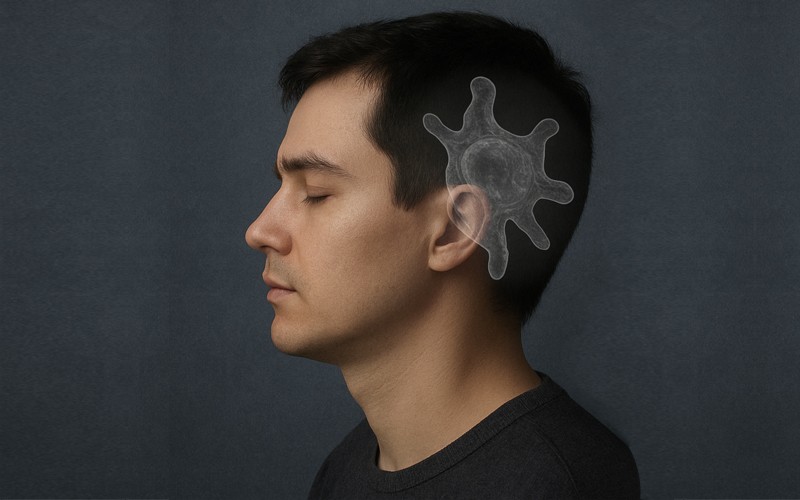New study finds aiming for 7,000 daily steps can reduce risk of chronic diseases, cognitive decline, and death

A comprehensive new study analysing data from over 160,000 adults finds that walking approximately 7,000 steps per day is associated with reductions in the risk of several serious health outcomes, including all-cause mortality.
Apart from mortality, the other health benefits include reducing the risk of cardiovascular disease (25% reduction), cancer (6% reduction), type 2 diabetes (14% reduction), dementia (38% reduction), depression (22% reduction), and falls (28% reduction).
Unlike earlier studies that mainly focused on heart health or overall death rates, this research, published in The Lancet Public Health journal, is the first to comprehensively examine how taking more steps per day can reduce the risk of several different health outcomes.
The study also revealed that even modest step counts (around 4,000 steps per day) are linked to better health compared to very low activity (around 2,000 steps per day).
For some conditions, such as heart disease, health benefits continued to increase beyond 7,000 steps, but for most conditions, the benefits tended to level off.
The authors highlight that 7,000 steps per day may be a more realistic target than the current unofficial target of 10,000 steps per day, particularly for those who are less active, suggesting that this target can still provide significant improvements in health.
The systematic review included 57 studies, of which 31 studies were included in meta-analyses, providing the most comprehensive evidence to date of the association between the number of daily steps and a wide range of health outcomes.
The authors caution that the evidence for health benefits for most conditions, such as cancer and dementia, is supported by a small number of studies, meaning there is a low level of certainty for those results, and many of the studies included did not account for some confounding factors, like age or frailty, that could bias the findings.
The authors say that their study underscores the value of using daily step counts as a straightforward way to measure physical activity.
They suggest these results could help shape future public health guidelines and recommendations, encouraging more people to track their steps as a practical way to improve their health.





